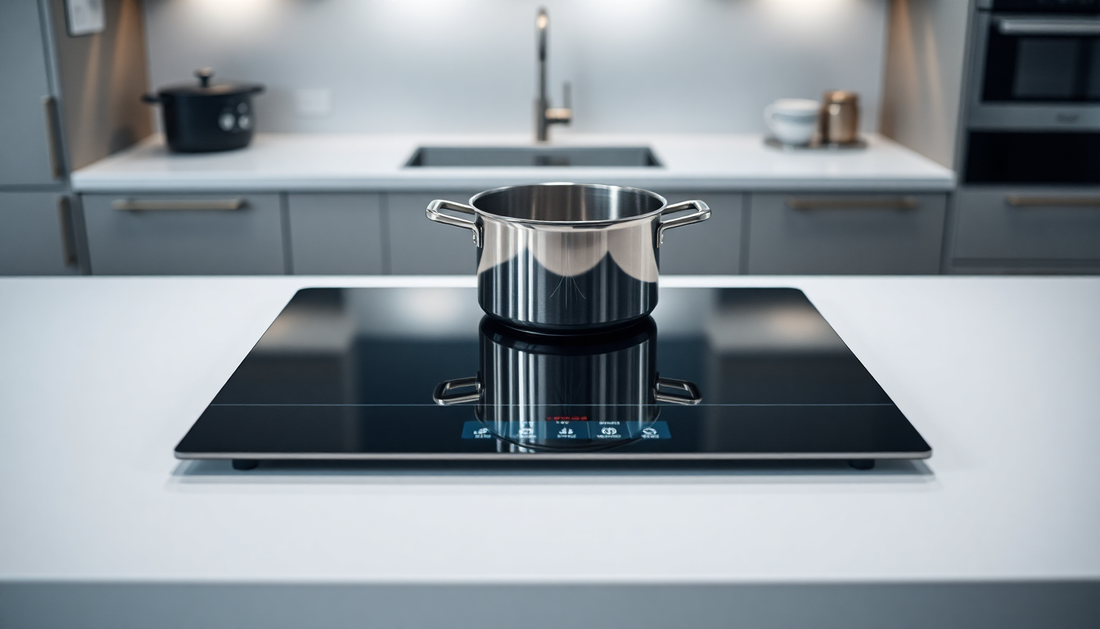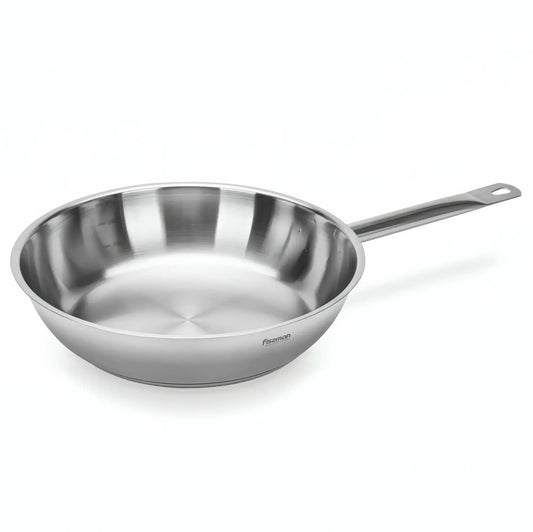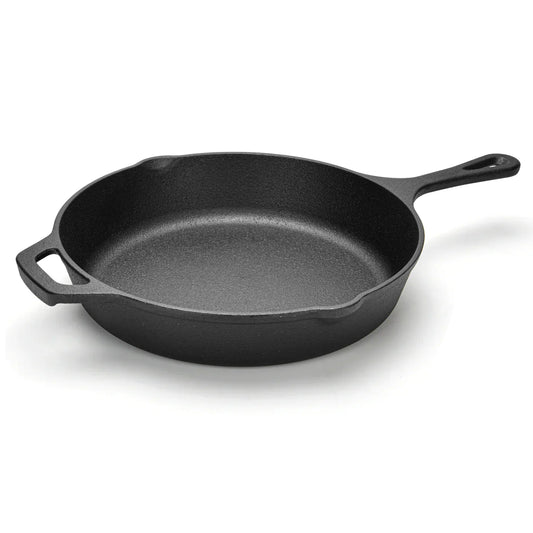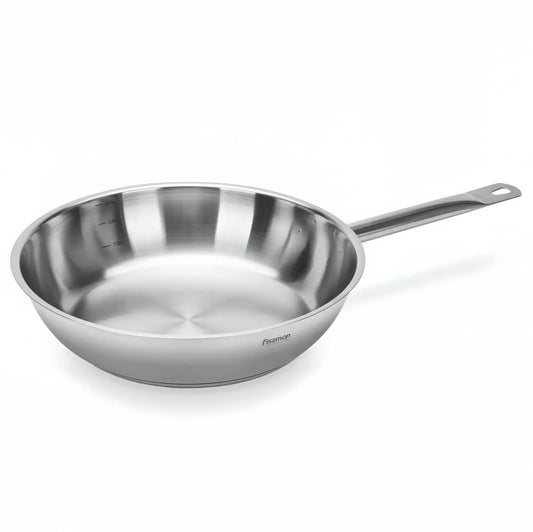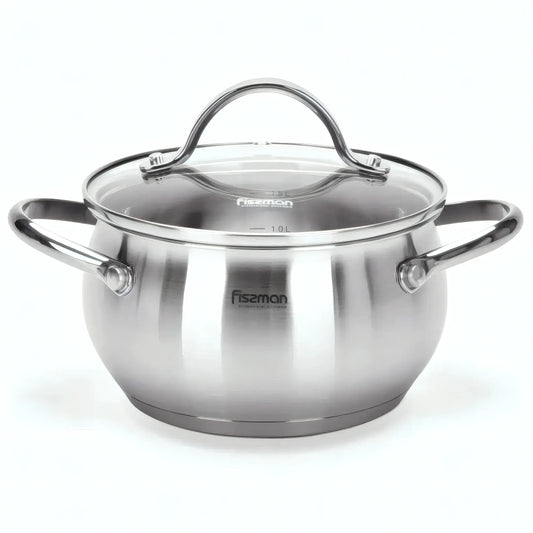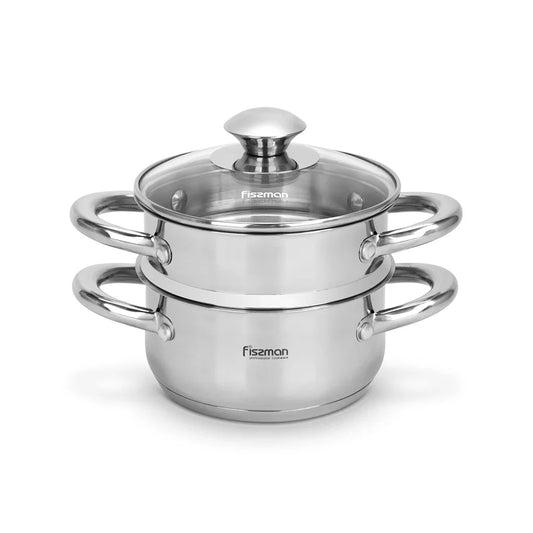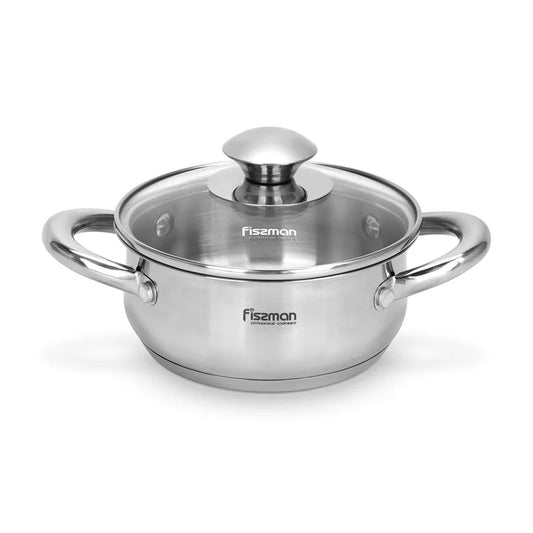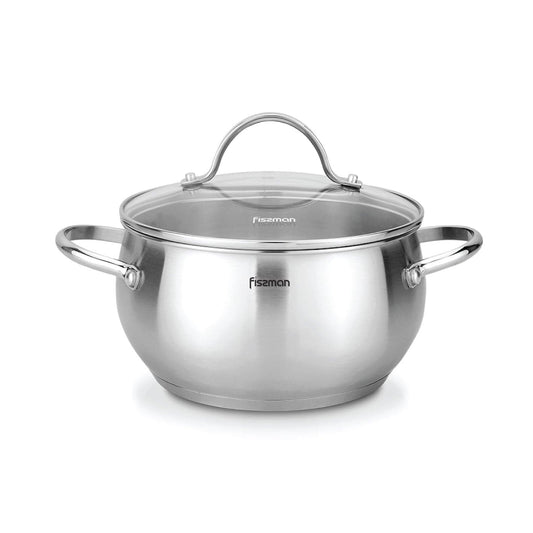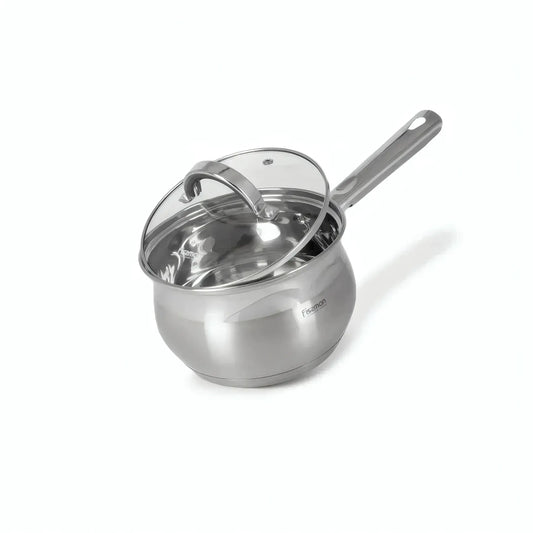Induction cooking has been gaining popularity in recent years, and for good reason. This innovative technology offers a host of benefits, from improved energy efficiency to precise temperature control. However, one crucial aspect of induction cooking that often confuses home chefs is the need for compatible cookware. Do you really need to invest in special pots and pans for your induction cooktop? Let's dive in and explore the world of induction-ready cookware.
Understanding Induction Cooking
Induction cooking works on a fundamentally different principle than traditional electric or gas stoves. Instead of using a heating element or open flame to transfer heat, induction cooktops use electromagnetic energy to directly heat the cookware. This process is more efficient, as the heat is generated within the pan itself, rather than having to heat the entire surface of the cooktop.
The key to induction cooking is the magnetic properties of the cookware. The cooktop creates a magnetic field that induces an electric current in the pan, causing it to heat up. This means that only magnetic materials, such as cast iron or certain types of stainless steel, will work effectively on an induction cooktop.
What Makes a Pot Induction-Compatible?
To be considered induction-ready, a pot or pan must be made of a ferromagnetic material, which means it must be able to be magnetized. The most common materials that meet this criteria are:
- Cast iron
- Enameled cast iron
- Stainless steel with a magnetic base
These materials are able to interact with the magnetic field generated by the induction cooktop, allowing the pan to heat up quickly and efficiently. Non-magnetic materials, such as aluminum, copper, or glass, will not work on an induction surface.
To test if a piece of cookware is induction-compatible, you can simply place a magnet on the bottom of the pan. If the magnet sticks, the pan is suitable for induction cooking. If the magnet does not adhere, the pan is not induction-ready and will not work on your cooktop.
Recommended Cookware for Induction
When it comes to choosing induction-compatible cookware, there are several great options to consider:
Cast Iron
Cast iron is an excellent choice for induction cooking. It's a naturally magnetic material that heats up quickly and retains heat well. Look for high-quality cast iron pans and skillets that are designed for induction use.
Stainless Steel
Stainless steel cookware with a magnetic base is another top pick for induction cooktops. Look for stainless steel pots and pans that are specifically labeled as induction-ready or have a magnetic bottom.
Induction-Specific Collections
Many cookware brands now offer specialized collections designed for induction cooking. These lines often feature a combination of magnetic materials, such as stainless steel with a magnetic base, to ensure optimal performance on induction cooktops.
Cookware to Avoid
While the list of induction-compatible cookware is extensive, there are some materials you'll want to steer clear of when using an induction cooktop:
- Aluminum: This non-magnetic material will not work on an induction surface.
- Copper: Copper cookware, unless it has a magnetic base, is not suitable for induction cooking.
- Glass: Glass pots and pans do not interact with the magnetic field, so they cannot be used on an induction cooktop.
Using incompatible cookware on an induction cooktop can be dangerous, as the pan may not heat up properly or could even cause damage to the cooktop itself.
Tips for Selecting Induction Cookware
When shopping for induction-ready cookware, keep the following tips in mind:
- Check the bottom of the pan to ensure it's made of a magnetic material.
- Look for cookware that is specifically labeled as "induction-compatible" or "induction-ready".
- Consider investing in a full set of induction-friendly pots and pans for the best cooking experience.
- Don't be afraid to experiment with more budget-friendly options, as there are many affordable induction-compatible choices available.
The Benefits of Using Proper Induction Cookware
Choosing the right cookware for your induction cooktop can make a significant difference in your cooking experience. Induction-compatible pots and pans offer several key benefits:
- Energy efficiency: Induction cooking is more energy-efficient than traditional electric or gas stoves, as the heat is generated directly in the pan, rather than having to heat the entire cooktop surface.
- Even heat distribution: Induction cookware heats up quickly and evenly, ensuring your food cooks consistently and reduces the risk of hot spots or uneven cooking.
- Improved cooking performance: The precise temperature control and rapid heating of induction cooktops can enhance the overall cooking performance, allowing you to achieve better results in the kitchen.
Conclusion
Induction cooking is a game-changer in the kitchen, but it does require the use of compatible cookware to function at its best. By understanding the magnetic properties required for induction-ready pots and pans, you can select the right tools to elevate your cooking experience and take full advantage of the benefits of this innovative technology. Invest in quality induction-compatible cookware, and you'll be well on your way to mastering the art of induction cooking.
